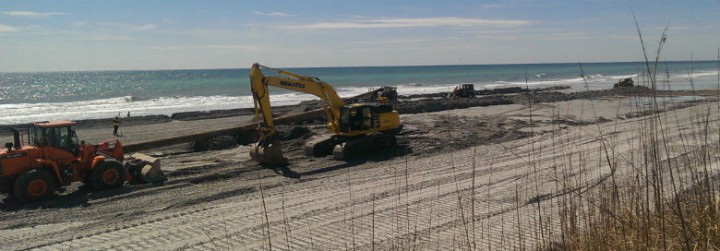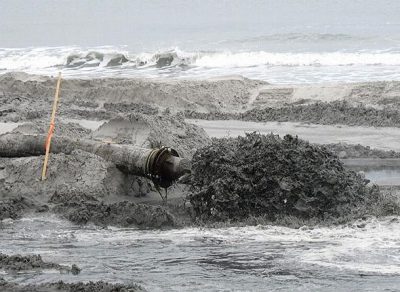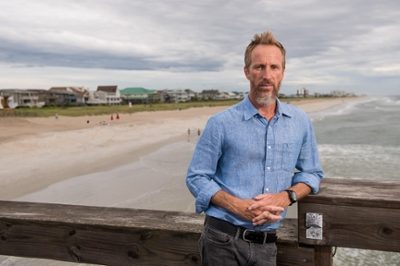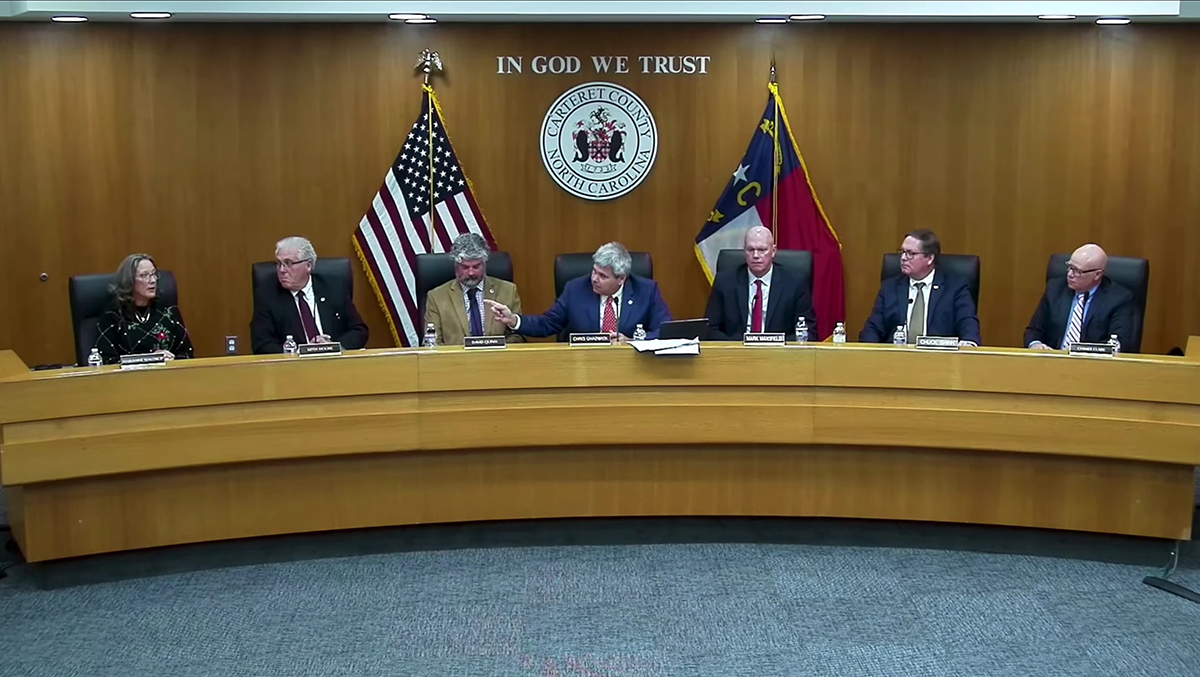
WILMINGTON – The University of North Carolina at Wilmington last week kicked off a series of seminars on coastal resiliency in a changing climate.
Nine different academic areas at UNCW are collaborating on the series to present what the university called “a more comprehensive and integrative look at the challenges we face as an institution and community living on the coast.”
Supporter Spotlight
The first seminar, Adapting to the Storms: A conversation about Wilmington and the Cape Fear Region after Florence, held Tuesday, Sept. 24, at UNCW’s Center for Marine Science, was a broad-ranging, question-filled discussion about how to cope with and adapt to life as the sea level rises and other effects of climate change alter the environment within the coastal plain.
To address the question of how, speakers introduced two schools of thought.
At one end of the spectrum is perhaps the least popular notion that barrier island beaches should be left in their natural state and property owners retreat from the rising sea.
Then, there’s the idea of engineered beaches where shorelines get routine sand injections and inlets are stabilized.

How much man-made effort should be made to protect coastal properties and who should be responsible for paying for the work and maintenance of things like beach nourishment and channel projects?
Supporter Spotlight
Tancred Miller’s role as the North Carolina Division of Coastal Management’s coastal and ocean policy manager is to engage people within coastal communities to find answers to those and other questions.
“It has to happen at the ground level,” he said Tuesday before a crowd of roughly 100 people.
His question to coastal residents: “Even if (sea level rise) is very gradual, can we continue to sustain ourselves in this environment?”
“We are trying to balance environmental protection with private property rights and development,” Miller said. “We are trying to manage our way out of a crisis.”
Coastal residents are feeling the impacts of climate change, he said, which is leading to a shift in discussions about whether it is, in fact, real.
“They’re seeing places flooding like they’ve never seen before, where they’ve never seen before,” Miller said.
In order to adapt, sensible policies need to be made concerning coastal development, he said.
“You can build to fight the wind, but not the water,” Miller said.

Dylan McNamara, chair of the university’s physics and physical oceanography department, explained that one of the issues that holds coastal communities back from adapting to the changes being experienced along the coast is the cycle of rebuilding.
Storms damage and destroy homes and businesses and eat away beaches. Subsidies and insurance companies pay for those homes and businesses to be rebuilt in the same areas and restore the beaches.
This, in turn, leads to a period of significant economic development in which there’s more beachfront building, dune building and renourishment, all of which contribute to increased property values.
“As long as there’s money to be made in these systems, I think we’re going to be caught in this system,” McNamara said. “From a standpoint of how the system works, if people had to pay for their damages it would put a lot of friction in it.”
In the case of the federal buyout program, higher property values mean higher purchase prices, which means the government will have to pay more in property buyouts.
The cost to buy properties in some coastal towns would be “immense,” and simply unaffordable, McNamara said.
“I don’t know how you manage retreat in Myrtle Beach, or Atlantic City in New Jersey, but there could be communities that handle it very well,” he said.
Population growth projections – 50-60% in New Hanover and abutting coastal counties – only raise further concerns, said state Sen. Harper Peterson, D-New Hanover.
“What impacts will that have on our livability as a community,” asked Peterson, who was among the audience. “I don’t know how we’re going to survive. We cannot recover if we take another hit like (Hurricane Florence). I don’t know where you start, but this is a great start right here. It’s not quality of life, it’s survival. We have to survive and do whatever it takes and not do it the same old way.”
Seminars will be held monthly at the university through April.







